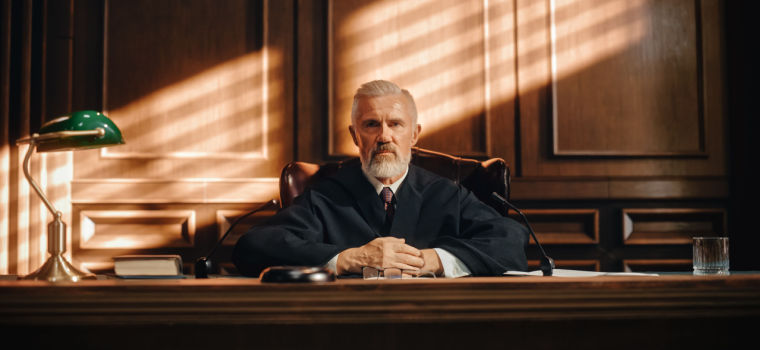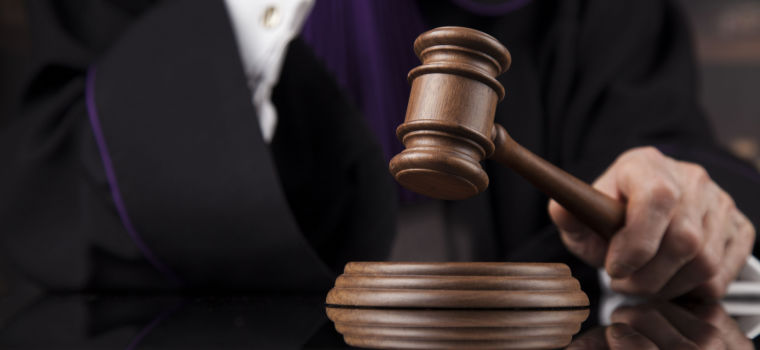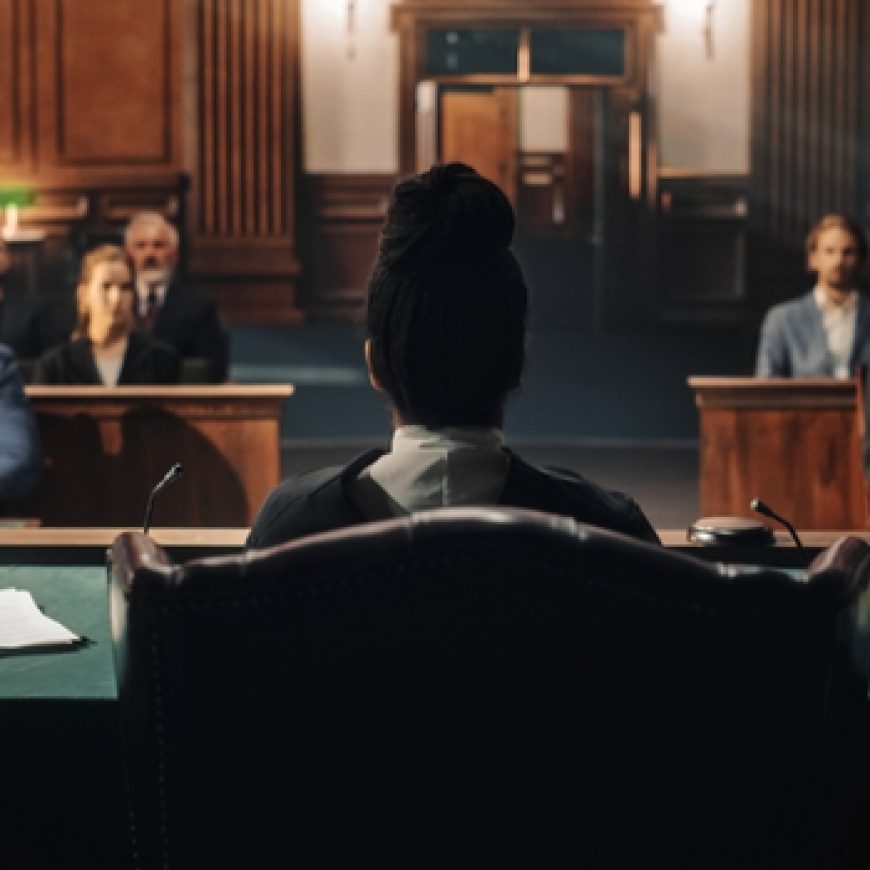Does the judge or jury decide the sentence of a criminal defendant? When a person is convicted of a crime, the judge almost always determines the sentence. This article will discuss the many factors judges consider when weighing what sentence to impose upon a defendant.
How Does a Judge Decide on a Sentence?
The first thing a judge will consider is the mandatory maximum and minimum sentence length for a particular crime, which is set by statute in many instances. However, the judge may also consider case law, arguments made by attorneys on behalf of their clients, and numerous factors we discuss in this article.
Factors Judges Consider When Deciding a Sentence
How do judges decide sentences? Generally, they decide within statutorily set limits where applicable, and beyond that, with their own significant discretion after consideration of the factors discussed in this article.
First-Time or Repeat Offender
How does a judge decide on a sentence? Judges will often review the prior criminal history of a defendant when determining the defendant’s sentence. For example, a lack of criminal record will likely benefit the defendant, while a long history of prior crimes will probably weigh against the defendant this time around.
Also important is when the crimes occurred. If the crimes were long ago, this is likely to help the defendant, whereas if the crimes were recent, this is likely to hurt the defendant.
Nature of the Crime
The sentencing judge will also consider the type of crime and society’s consideration of how serious the crime is, as well as the facts and circumstances surrounding the crime’s commission.
Expression of Regret or Remorse
Many judges place emphasis on whether or not a defendant is remorseful for their actions, which may be expressed by the defendant’s making a statement, submission of a written statement, or overall demeanor during the trial. If a defendant can demonstrate that they are truly sorry for what they did, they may be granted leniency by the judge.

Impact on the Victim
Like the defendant’s own statements, statements from the victims or the victim’s family about the impact of the defendant’s actions on them are likely to be considered by the judge.
Risk to the Community
Having the support of family, friends, neighbors, teachers, employers, and community leaders can be helpful to a criminal defendant—the more relevant the statements from people who knew the defendant more recently and closely, the better. Additionally, statements can help if they indicate how the defendant’s time in prison will have a negative impact on others, for example, if the defendant cannot be home to take care of dependent children. These statements also serve another purpose – demonstrating to a judge that the defendant has community ties that make the defendant unlikely to be a recidivist – a person who commits the same again.
Characteristics of the Offense
This consideration is one of both facts and law. In terms of facts, there can be mitigating factors that minimize a crime. For example, the defendant committed the crime out of desperation for money or due to substance abuse. On the other hand, the law, an expression of society and the agreed-upon social norms, deems lesser and greater punishments appropriate for lesser and greater crimes. For example, a criminal defendant will generally be sentenced to more time in jail for murder or rape than theft of property.
Punishment vs. Rehabilitation
For this factor, the judge has to decide how much punishment is appropriate to the defendant’s case versus how much they want to focus on the defendant’s rehabilitation. For example, what effect will incarceration have? Can the defendant benefit from an alternative and return to society as a productive member?
Professional Evaluations
If a defendant has a professional evaluation that discusses the factors that led the defendant to commit the crime and gives a positive outlook for the defendant’s future risk to commit further crimes, this is something a judge may be inclined to take very seriously, as it reaches the level of an expert opinion on the defendant’s future prospects.
If You Are Facing a Criminal Sentence, Contact a Lawyer Today
At the Law Offices of Seth Kretzer, our Houston criminal defense attorneys are highly skilled and experienced with criminal sentencing and can answer your questions and help you with your legal needs. Contact our attorneys today!



